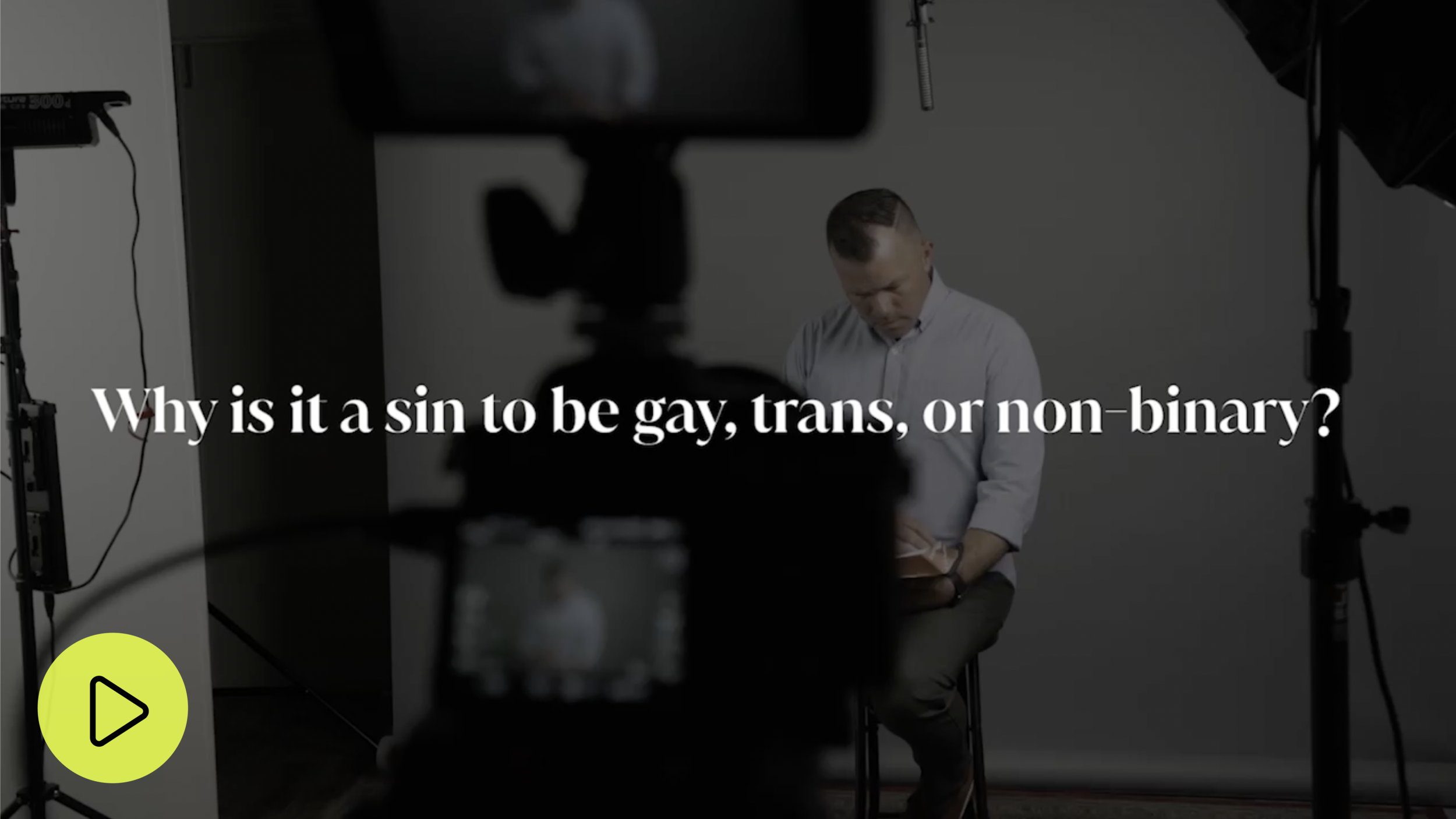
Jesse Randolph
Jesse Randolph serves as Pastor-Teacher of Indian Hills Community Church, in Lincoln, Nebraska. He holds an M.Div. from The Master’s Seminary and is pursuing his Th.M. from Shepherds Theological Seminary. His writing has been featured on various blogging platforms, including The Master’s Seminary, For the Church, the Center for Biblical Studies, Founders Ministries, the Association of Certified Biblical Counselors, and IFCA International. He has also been published academically, in places such as The Master’s Seminary Journal, the Journal of Ministry and Theology, and the Interdisciplinary Journal on Biblical Authority. Jesse and his wife (Jenna) have five children, spanning the toddler to teenage spectrum.
There is a major difference between peacekeepers and peacemakers. The concept of keeping the peace comes from the world and the concept of making peace comes from the Lord. In this article, Jesse Randolph lays out common conflict avoidance strategies the world promotes and compares them with biblical conflict resolution strategies.
In this article, Jesse Randolph presents ten truths about God’s perspective on the LGBTQ movement as a whole, and His assessment of our culture’s devotion of an entire month each year to worship at the altar of “Pride.”
I still have them. By “them” I mean the slew of copy-and-pasted text messages I sent to several brothers in Christ soon after listening to the first episode of Christianity Today’s “The Rise and Fall of Mars Hill” podcast – “Highly recommend☝🏼”. Fast forward, and I am writing this article, and doing so at a decidedly slower pace, and with a decidedly more measured tone. And why? Because while “The Rise and Fall of Mars Hill” certainly has many things going for it, the podcast also presents many areas of concern for the biblically-minded and discerning follower of Christ.
This article will lay out four practical tips for “dropping our lines” into waters which are teeming with unconverted “fish”—men, women, and children who need to hear the saving gospel message.
We have all heard some version of the statement: “I love Jesus, I’m just not into theology.” Or, “I know the gospel, which is all the doctrine I need.” Or, “learning doctrine and theology is for those stuffy seminary types.” Or, “Jesus + Nothing = Everything.”
One of the more-frequently misapplied passages of Scripture is Matthew 18:20, where the Lord Jesus is recorded as saying: “For where two or three have gathered in My name, I am there in their midst.” Whether this verse is thrown around at a men’s prayer breakfast, a church potluck, or a small group conversation in a living room, the subtle suggestion is that Jesus is not going to bother to show up when one of His followers is flying solo.
As followers of Christ, we receive spiritual check-ups at many different stages of our Christian walk. We receive a spiritual check-up when we read the Bible, as it does its work of “piercing as far as the division of soul and spirit, of both joints and marrow . . . judg[ing] the thoughts and intentions of the heart” (Heb 4:12).
There is a major difference between peacekeepers and peacemakers. The concept of keeping the peace comes from the world and the concept of making peace comes from the Lord. In this video, Jesse Randolph lays out common conflict avoidance strategies the world promotes and compares them with biblical conflict resolution strategies.
In this video, Jesse Randolph shares Scripture's answer to one of the most common questions against Christianity: How can evil exist in a world that was created by and is upheld by a good God?
How can a Christian fight spiritual battles in a world of trials and distraction? In this video, Jesse Randolph unpacks biblical meditation and why this spiritual disciple is the key to a vibrant Christian life.
Gender and marriage have been corrupted by sinful societies since the Old Testament. Believers are called to hold the line for truth in this vital arena. In this video, Jesse Randolph outlines the Bible’s clear stance on this topic throughout scripture and reminds the Christian of their call to evangelize to those lost in the sinful LGBTQ+ community.
Christians live in a fallen world, with mounting pressures and times of deep sorrow. Through Christ, the believer can cling to the hope of eternal reconciliation to God, trust in His faithfulness, and rest in His sovereignty. Sadly, sometimes Christians find themselves lost in despair to the point of that final act. In this video, Jesse Randolph answers this somber question with truth from Scripture.
Many Christians ask, “If God is sovereign, why should I pray?” In this video, Jesse Randolph answers, walking through how each element of the A.C.T.S. prayer method is heightened with a right view of God’s sovereignty.














Each time a pastoral suicide hits the news cycle, the Christian and secular publishing worlds forge an awkward alliance in an attempt to sort through the obvious question that is pressing in on everyone’s mind: how can—or how does—a pastor get to the point where he would make the decision to end his own life?
It’s a good question, and it’s a question that needs to be explored humbly and prayerfully for the sake of current and future shepherds and the overall health of Christ’s church.